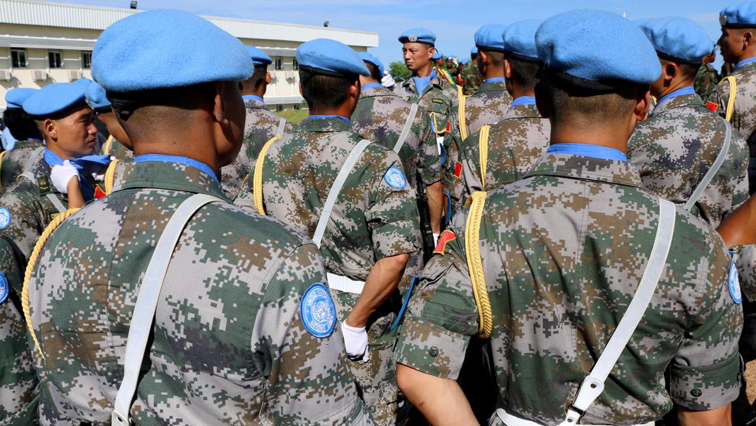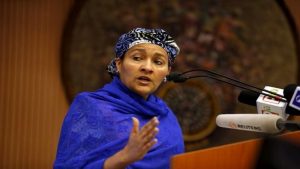The United Nations Security Council (UNSC) has called for the perpetrators of violations of international humanitarian law and the abusers of human rights in South Sudan to be held accountable in order to break the prevailing cycle of impunity in the war ravaged country.
In a statement on Thursday, the 15-member council said it was deeply concerned about the actions of all parties to the conflict that were perpetuating human rights abuses, noting that 7.6 million people are now in need of aid, four million are displaced, and six million lack sufficient food to feed themselves.
The international organisation further noted the continuing obstacles that hinder the delivery of vital lifesaving assistance to the South Sudanese people and condemned the attacks on national and international humanitarian personnel and compounds as they attempted to assist the victims.
The UNSC meeting on the brutal conflict in South Sudan, as it enters its fifth year, comes ahead of the December Intergovernmental Authority on Development’s (IGAD) High-Level Revitalisation Forum which is taking place in an attempt to salvage the 2015 South Sudan peace deal.
IGAD, a regional mechanism in Eastern Africa comprising Djibouti, Eritrea, Ethiopia, Kenya, Somalia, South Sudan, Sudan and Uganda, was established to implement the Agreement on the Resolution of the Conflict in the Republic of South Sudan (ARCSS) which was signed in Addis Ababa, Ethiopia.
The world’s youngest country, South Sudan has spent much of its short life mired in conflict, driven by a political face-off between President Salva Kiir and his then former Vice-President Riek Machar that erupted into full-blown war late in 2013.
In September a mid-term report of the Joint Monitoring and Evaluation Commission (JMEC) for South Sudan found that the parties to the conflict had failed to implement substantive elements of the 2015 peace agreement, which sought to end the fighting that broke out in December 2013.






